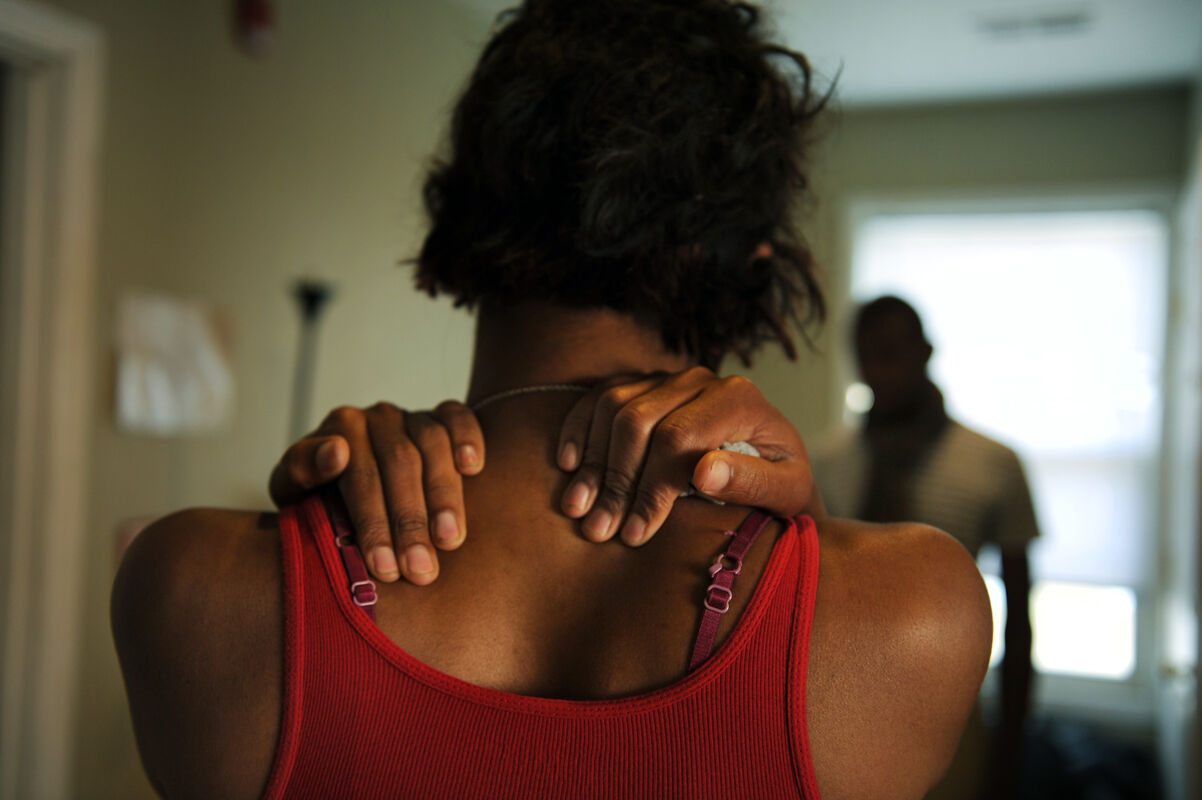Unfortunately, I am old enough now that I can remember being young. And young was frightening.
We, as a community, were dying of preventable AIDS-related illness, suicide, and by murderers who were released after mounting gay panic defenses. Our young people seemed to be hemorrhaging into the streets from homes that refused to care for themleading to incredible rates of LGBTQ homelessness.
And the most pressing question was not whether or not you could have workplace protectionsit was whether or not the car that just drove by with the guy leaning out the window calling you a faggot was going to keep going or stop.
But I am also old enough now that I’ve gotten to watch those things change.
I’ve gotten to watch landmark battles be wongotten to watch the legal landscape transform and see that transform often driven by the courage of non-LGBTQ allies who showed up in profound ways. That transformation was also driven by the highly visible struggles and deaths of LGBTQ people.
While the cultural conversations we’re having are now increasingly more nuancedwe’ve reached new levels of visibility across all forms of media. Indeed, Americans are more and more familiar with queer culture every day. Oh, and I haven’t been called a faggot in years.
However, while all this ‘good’ has seemed to unroll across our country, some things remain the same or are even getting worse. Approximately 40% of youth experiencing homelessness identify as LGBTQ. Trans identified people across the lifespan are more likely to experience poverty, significant housing instability, and homelessness than their cis counterparts. Our young people are more likely to be involved in child welfare and juvenile justice systems.
Which begs the question: If we’re so visible, how is it still possible to be on the receiving end of this much punishment?
I believe the answer is a simple one: it doesn’t actually matter whether or not people like youit matters whether or not systems were designed to protect you.
Much like the disproportionately negative results that we continue to see for women, people of color, and other historically marginalized groups, we must finally reckon with the fact that shifting public perception is only half (less than half?) of the battle.
Knowing that someone is gay does not mean you immediately care about gay people like Harvey Milk famously tried to argue.
The truth about America is that because we’ve never redesigned our systems to produce equitable results for our population, it will never matter how we feel about each other. Just because your neighbor doesn’t hate you doesn’t mean you suddenly have access to an education or economic mobility.
Ultimately it is systems, not people, that produce outcomes. People are paid to aid (or disrupt) those outcomes. If we want different outcomes, if we want an America that truly cares for LGBTQ young people, then we would need to design institutional responses to their specific needs. This, in many ways, represents a radical departure from what we’re taught.
The reigning idea has been that by gaining access to what’s already available, we would, by default, begin to have better outcomes. But what we’ve seen for marginalized populations is that that simply may not be true. We think about American systems as being generic, as being “ready for anyone” but the truth about America is that it was absolutely designed with the best interest of a population in mindit just happens to be white, cisgender, heterosexual, men.
If we accept that America was created with a design principle in mind, we can also accept that it would be possible to redesign America. And, in fact, we’ve seen that before.
We’ve seen in the civil rights gains of the 60’s, in the landmark legislation and legal battles that reframed the place of LGBTQ people had inside U.S. culture and life. But these have been tweaks to an existing systemthey have not been true redesign.
To begin to shift our policy towards investing in new systems, we must center the voices of the most marginalized, work to understand what barriers are between them and success. And then we must dismantle them.
We are a nation of brilliant minds, and we do, in fact, have the tools at our disposal to end the most persistent of our social crises. The question is whether or not we are finally ready to admit that America is not currently a just and equitable nationand then take the steps to make it one.
Marc Dones is a leader in equity-based systems transformation. Marc’s work has focused on transforming service delivery systems to better care for vulnerable populations across the nation. Currently they co-lead a project focused on addressing racial inequities in homelessness.
Previously, Marc worked at the Massachusetts Executive Office of Health and Human Services designing and implementing program and policy responses to youth violence, homelessness, and LGBTQ health inequities.
Don't forget to share:
Help make sure LGBTQ+ stories are being told...
We can't rely on mainstream media to tell our stories. That's why we don't lock our articles behind a paywall. Will you support our mission with a contribution today?
Cancel anytime · Proudly LGBTQ+ owned and operated
Read More in Culture
The Latest on INTO
Subscribe to get a twice-weekly dose of queer news, updates, and insights from the INTO team.
in Your Inbox













